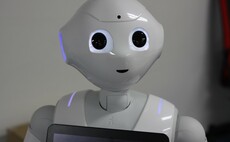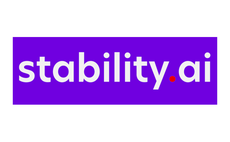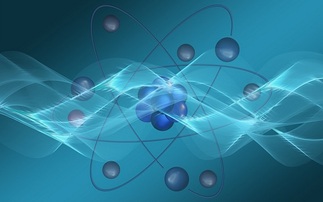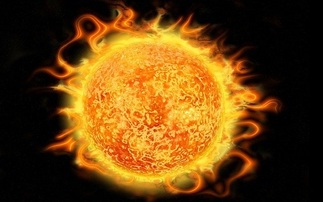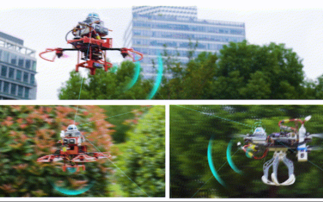Naysayers fail to give any reasons why smart machines would wish the end of humans, argues reporter Roland-Moore Colyer
Artificial intelligence (AI) is going to kill us all. That's the popular view that gets bandied around when machine learning is given the scope to think for itself. Technology and science lumina...
To continue reading this article...
Join Computing
- Unlimited access to real-time news, analysis and opinion from the technology industry
- Receive important and breaking news in our daily newsletter
- Be the first to hear about our events and awards programmes
- Join live member only interviews with IT leaders at the ‘IT Lounge’; your chance to ask your burning tech questions and have them answered
- Access to the Computing Delta hub providing market intelligence and research
- Receive our members-only newsletter with exclusive opinion pieces from senior IT Leaders









